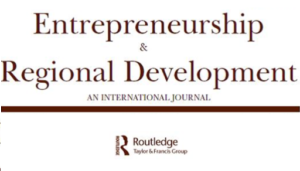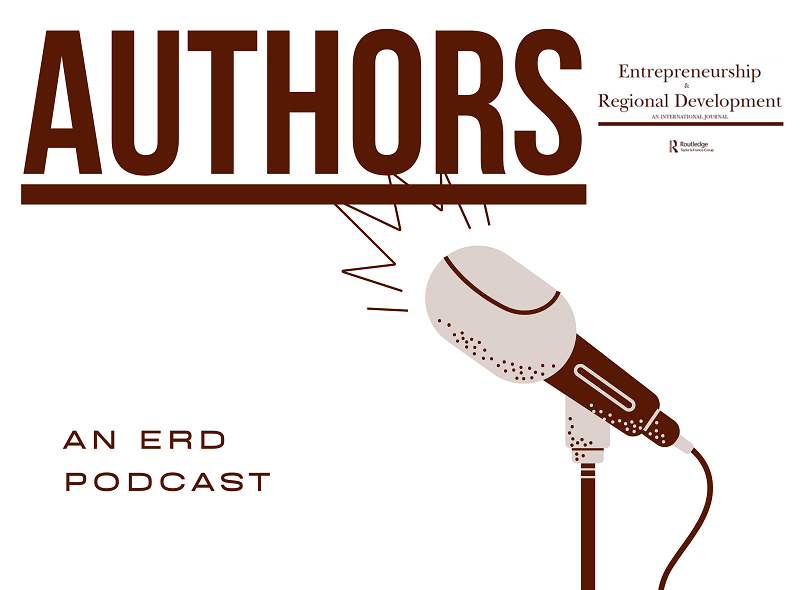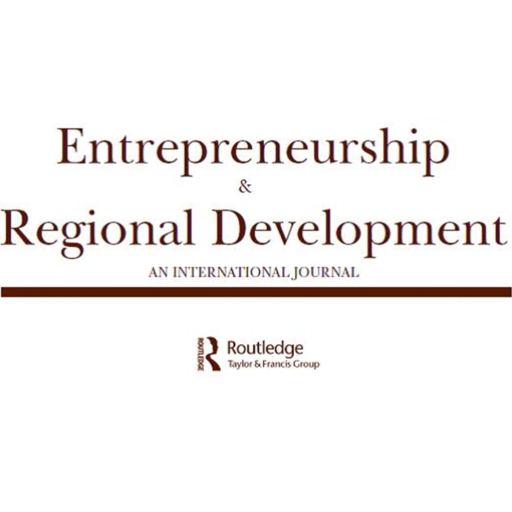Episode 110 – Mara Brumana & Albachiara Boffelli – Orientation towards environmental sustainability in European family versus nonfamily firms: the role of policymaker engagement and incentives
This study contributes to the debate on family business environmental sustainability by investigating the environmental orientation of family versus nonfamily firms. We study whether family business status affects (i) the extent of environmental orientation, i.e. the number of incentives set for environmental sustainability activities, contingent upon firms’ engagement with policymakers, and (ii) how firms’ environmental orientation unfolds, considering the types and beneficiaries of the incentives. To do so, we build on behavioural theories in family business, along with the literature on firm non-market strategies and responses to institutional pressure. Data on 162 European manufacturing firms from the Carbon Disclosure Project and the Orbis database are collected. Our results show that family firms have a higher degree of environmental orientation than nonfamily firms. However, when they engage with policymakers, the family firm–environmental orientation relationship weakens. Regarding the types and beneficiaries of the incentives, family firms are more likely to provide monetary incentives and to be more inclusive in their incentive systems than nonfamily firms are.
Full article available on Taylor & Francis website: https://www.tandfonline.com/doi/full/10.1080/08985626.2024.2371883


